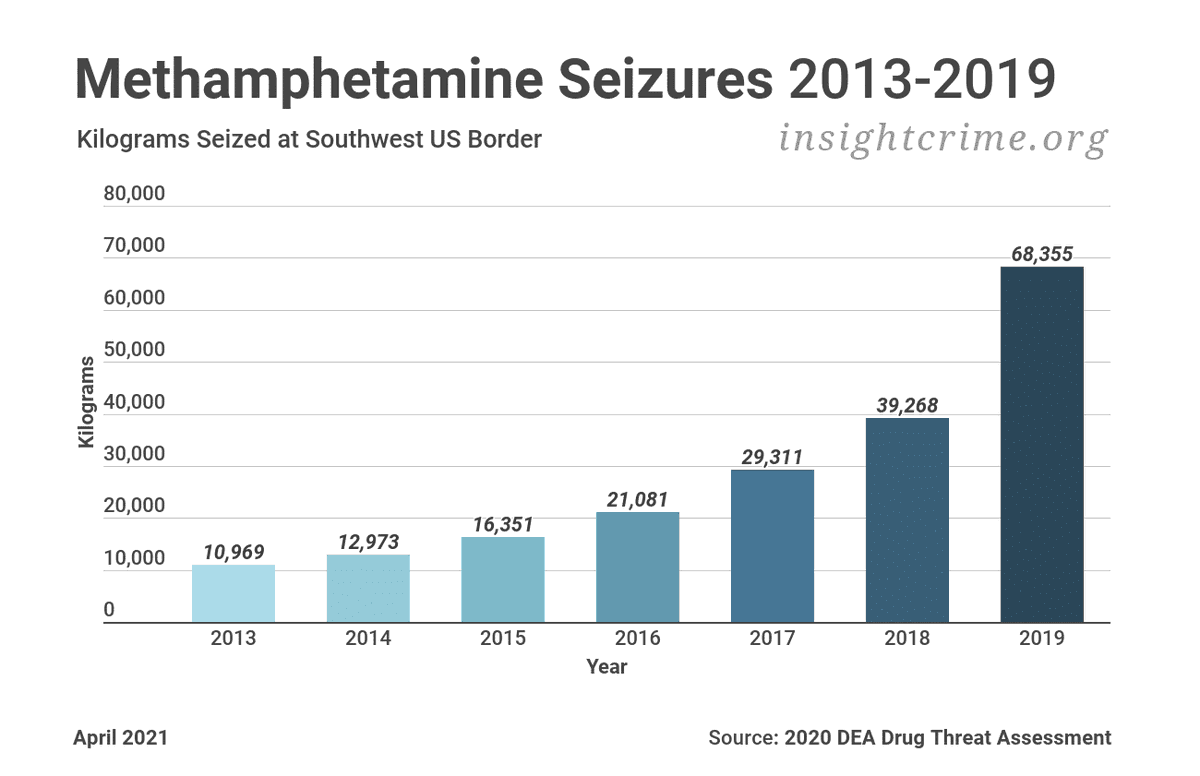
In Mexico, the fragmentation of large criminal organizations – due to internal conflicts, disputes and the arrests of key leaders – has resulted in a complex criminal panorama. In this #CriminalThread, we profile the new generation of criminal actors
👉bit.ly/3lY0d8E
👉bit.ly/3lY0d8E

La Línea emerged as the armed wing of the Juárez Cartel. Ever since its creation, however, the cell has acted as a semi-independent group involved in drug and timber trafficking and car theft in Chihuahua.
The Salazar are a family clan allied with the Sinaloa Cartel, primarily dedicated to producing and trafficking heroin. The group also acts as the cartel’s armed wing in the states of Sonora, Chihuahua and Baja California.
The Tijuana New Generation Cartel is an alliance between remnants of the Tijuana Cartel and the Jalisco Cartel New Generation to battle the Sinaloa Cartel in Baja California. The group traffics drugs across the Tijuana border into the US.
Grupo Sombra, a Gulf Cartel splinter group, maintains a presence in Veracruz, Hidalgo and San Luis Potosí. They engage in various activities such as drug and human trafficking and oil theft.
The Old School Zetas are a splinter group of the Zetas, the notorious cartel weakened by the killing and arrests of key leaders. Today, the group is concentrated in the northern part of Veracruz and is in a violent confrontation with the Northeast Cartel.
The Talibanes are another Zetas splinter group based in Tamaulipas. The organization has operated in the states of Zacatecas and San Luis Potosí, where the group’s habit of beheading its enemies gave the group its name.
The Viagras are one of the major criminal groups in Michoacán. Formed from fragments of the Familia Michoacana and the Knights Templar cartels, they are currently part of the Carteles Unidos alliance, which is battling the Jalisco Cartel in a brutal war for control of Michoacán.
The Rojos are a Beltrán Leyva Organization (OBL) splinter group in Morelos, Puebla, the State of Mexico and in the highlands of Guerrero. The group is involved in drug trafficking, extortion and kidnapping. Their main rivals are the Guerreros Unidos, another OBL splinter group.
• • •
Missing some Tweet in this thread? You can try to
force a refresh










